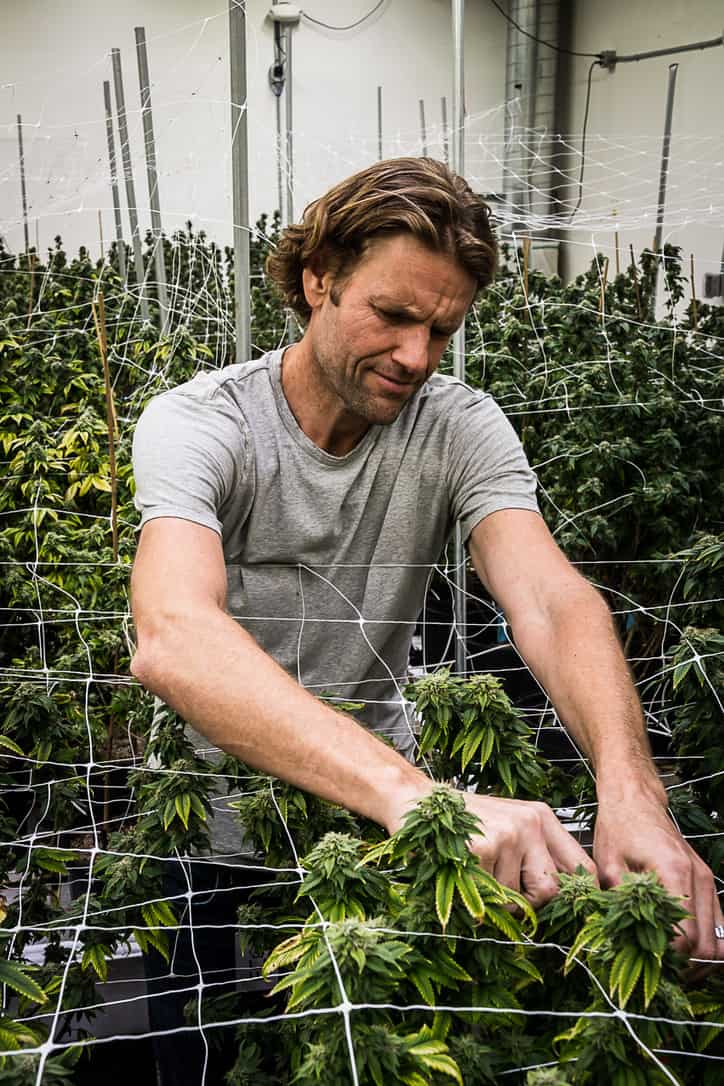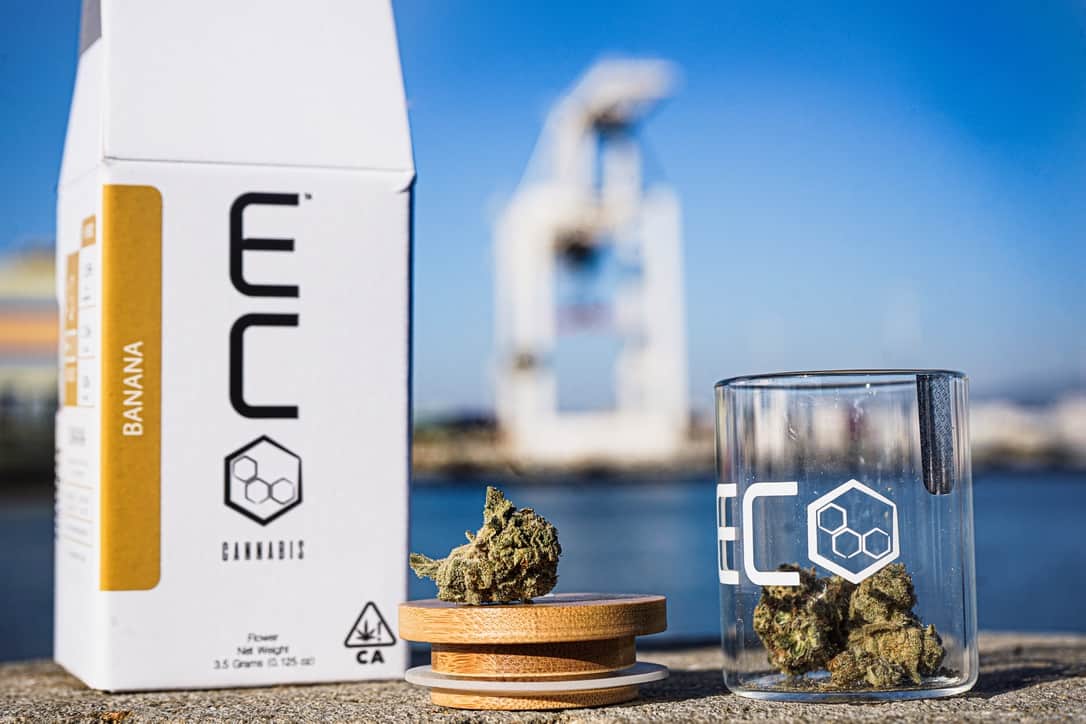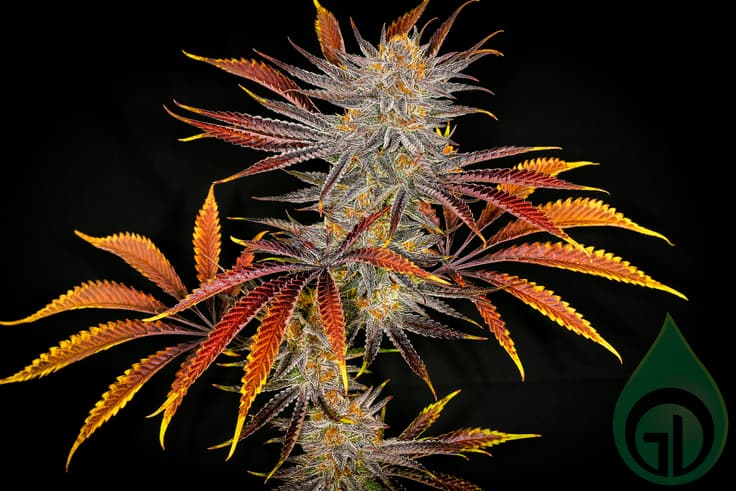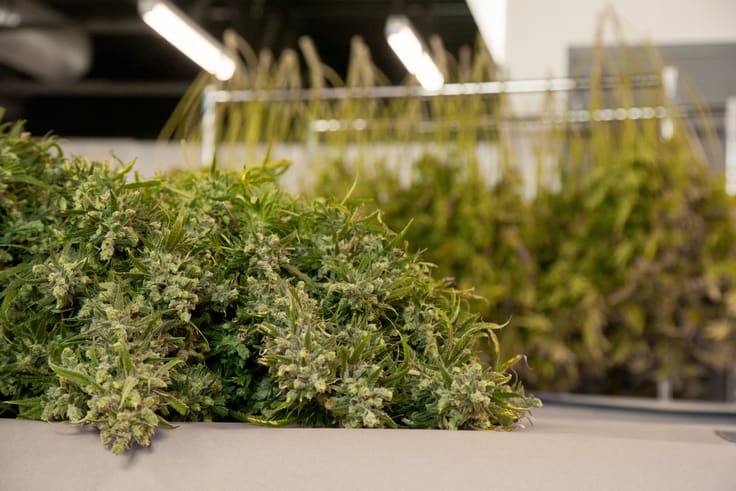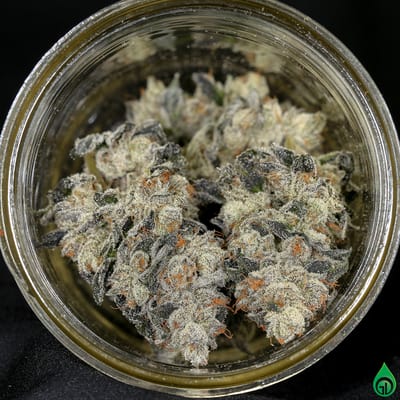When Deseret Wellness Market President Jeremy Sumerix returned to his home state of Utah to launch a business in the state’s nascent medical cannabis market, he crafted a retail operation focused first and foremost on patient experience.
“What we stand for is patient experience, completely,” Sumerix tells Cannabis Business Times and Cannabis Dispensary. “Everything that we do is geared towards limiting wait times, expediting the process and making patients feel comfortable.”
Sumerix grew up in Utah before leaving to pursue a career. Prior to his role with Deseret Wellness, Sumerix worked for a multistate cannabis operator with a presence in New York, Florida, Illinois, Nevada and Arizona. After Utah voters approved medical cannabis in November 2018, Sumerix left that particular role to pursue a cannabis business in his home state, and his team were one of only four licensees awarded two retail locations by the state. The company’s first pharmacy opened Aug. 31 in Provo, and Deseret Wellness will open its second location in Park City during the first week of February.
“I think the thing that I’m continually the most excited about, is the state is conservative by nature,” Sumerix says. “They’re very methodical and careful in what they do. I think they’ve put together a really solid program that allows us to truly take care of our patients the right way.”
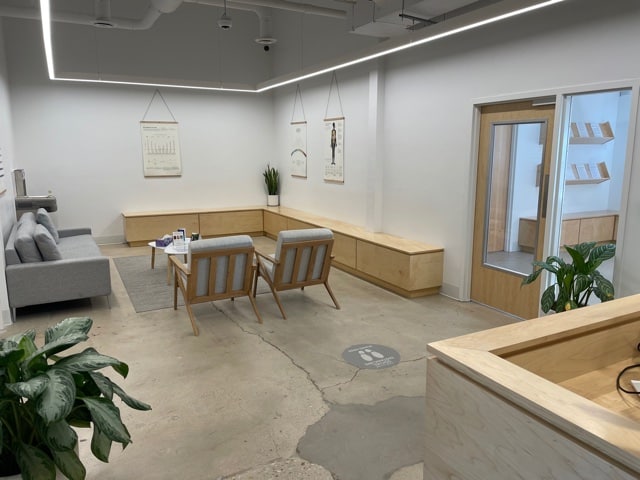
Photos courtesy of Deseret Wellness
Creating the best possible patient experience is at the forefront of Deseret Wellness’ operations, Sumerix says, and the state has been very receptive to the company’s feedback on which regulations could be tweaked to improve patient access.
“If something in the current regulations doesn’t necessarily make sense or it limits our ability to take care of the patients the right way, the state is very cooperative and collaborative, so that’s been very, very encouraging,” Sumerix says. “I’ve operated in states that are less that way, so it’s refreshing to work with partners like we have here in the state of Utah.”
Deseret Wellness has implemented a robust, two-week training program for its employees, Sumerix says, which provides education on everything from the company’s products to the state’s regulations. After completing the training program, new hires then shadow an existing employee for a week or so until they are able to answer the wide variety of questions that may come up from patients.
Utah law requires licensed pharmacists to be on-site at cannabis pharmacies during business hours, and Sumerix says the company sought the best pharmacists it could find to join its team. These pharmacists are involved in the training and onboarding of new staff members.
“We look to those pharmacists as experts in the industry and the product,” Sumerix says.
Another way Deseret Wellness strives to offer the very best patient experience is through patient education. The company provides educational materials on-site at the pharmacy, such as articles that explain the differences between cannabis varieties and the various product formulations.
Deseret Wellness also regularly invites the state’s cultivators into the pharmacy to discuss their specific cultivars and products, and how their offerings can help patients with their medical conditions.
“It’s been a great collaboration with the cultivators in the state,” Sumerix says. “We have a great relationship with them, [and] I think the patients get really excited to see them visit the pharmacy because they get to learn about the product firsthand.”
Utah’s medical cannabis law forbids open flame, so Deseret Wellness sells flower and vaporizers, as well as
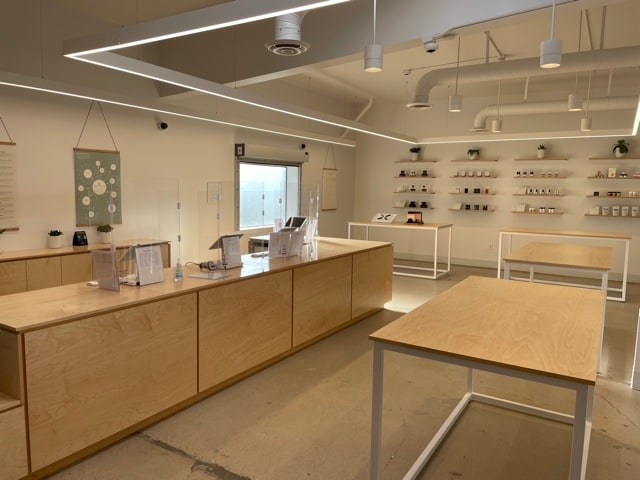
Deseret Wellness sells flower and vaporizers, as well as vape cartridges, topicals, gel capsules, tinctures and sprays.
vape cartridges and topicals in the form of balms, lotions and patches. The pharmacy also carries gel capsules, tinctures and sprays.
In the future, Sumerix says Deseret Wellness will also carry cannabis concentrates for patients who might need higher-potency products.
Utah is currently developing a system that will allow the state’s licensed pharmacies to deliver medical cannabis products directly to patients, which Sumerix says will only continue to improve patient access and experience.
“That will allow us to get to patients who aren’t necessarily able to get to our pharmacy, so that’s very exciting,” he says. “[The state needs] to pin down some of the specifics of the delivery platform, the delivery service, but more than likely, it’ll allow us to get to patients who are in more rural parts of the state.”
As Deseret Wellness looks toward opening its second location in Park City, Sumerix says he hopes the company can replicate what has worked well in its Provo store, from the welcoming environment to SOPs that keep patient wait times down.
The company will also continue what Sumerix calls a “deliberate approach” to avoid the spread of COVID-19 as the pandemic rages on. Efforts include checking employees’ temperatures every morning, as well as requiring all employees and patients to wear masks while inside the pharmacy.
Deseret Wellness launched curbside pickup very quickly at the start of the pandemic, Sumerix adds, and once a patient has enrolled in Utah’s medical cannabis program and purchased product inside the pharmacy once, he or she can then leverage the company’s online ordering and curbside pickup services.
“Like everybody else, we’ve worked really hard and we’re incredibly nimble, … ready to react if and when things come up,” Sumerix says. “It’s all about being diligent and consistent, and so far, we’ve been able to do that.”
Deseret Wellness is in the final stages of construction and hiring for its Park City store, and plans to hold a ribbon cutting ceremony and open house Jan. 27 with select members of the community, including the director of Utah’s medical cannabis program. The Park City pharmacy will then open its doors to patients the following week.
Looking ahead, once its new location is up and running, Deseret Wellness aims to explore its delivery options, as well as continue its efforts to offer the best possible patient experience at both of its pharmacies.
“It’s just ensuring consistency and constantly making sure that we have the right products for the patients,” Sumerix says.

